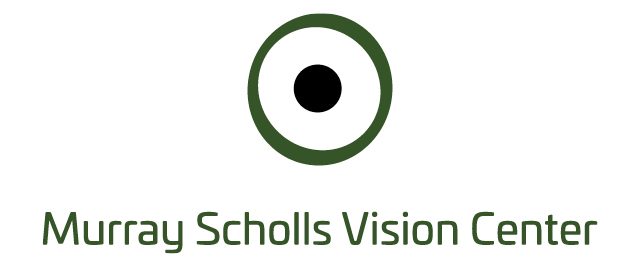
As we age, our bodies go through many changes, and our eyes are no exception. Understanding how aging affects vision can help you recognize when changes are normal and when they might indicate a more serious issue. At Murray Scholls Vision Center in Beaverton, we are dedicated to helping you navigate the complexities of aging eyes.
Aging and Eyesight
Vision naturally changes as we get older. Here are some common age-related vision changes and what they mean:
Presbyopia
Presbyopia is a condition where the eye’s lens loses flexibility, making it difficult to focus on close objects. This is a common and normal part of aging, typically beginning in your 40s. You might notice that you need to hold reading materials farther away to see them clearly.
Night Vision Problems While Driving
Many people experience night vision problems while driving as they age. This can include difficulty seeing in low light, increased sensitivity to glare from headlights, and slower adaptation to darkness. While this can be a normal part of aging, it is important to monitor these changes, as they can also indicate underlying conditions like cataracts.
Dry Eyes
As we age, tear production can decrease, leading to dry eyes. This can cause discomfort, blurred vision, and a gritty feeling in the eyes. Managing dry eyes with proper eye care and hydration can help ease these symptoms.
Cataracts
Cataracts are a clouding of the eye’s lens that usually develops with age. While cataracts are common and can be treated effectively with surgery, they can significantly affect your vision, causing blurriness, glare, and difficulty with night vision.
When Vision Changes Might Be a Concern
While many vision changes with age are normal, some changes may indicate a more serious problem. Here is when to see an eye doctor:
Sudden Vision Loss
It is important to treat any sudden or significant loss of vision as a medical emergency. This could be a sign of a retinal detachment, stroke, or other serious condition.
Distorted or Double Vision
If you experience distorted or double vision, it is important to get an eye exam. These symptoms could indicate a problem with the eye’s muscles or nerves, or even a sign of a more serious neurological condition.
Frequent Changes in Vision
If your prescription needs frequent adjustments, it could be a sign of an underlying health issue, such as diabetes or high blood pressure, affecting your eyes.
Difficulty Reading or Seeing Up Close
While presbyopia is normal, if you are having significant difficulty reading or seeing up close, even with reading glasses, it is time to consult your eye doctor.
Which Vision Change is Not Associated with Aging?
It is important to recognize that not all vision changes are because of aging. For instance, vision loss in one eye or a rapid change in vision is not typically associated with the normal aging process that requires professional attention immediately.
When to Get an Eye Exam at Murray Scholls Vision Center
Regular eye exams become increasingly important as we age. Here is when to get an eye exam:
- Annually: Once you reach 60, it is recommended to have an eye exam every year to monitor for age-related conditions.
- If You Notice Vision Changes: Anytime you notice a change in your vision, especially if it is sudden or severe, schedule an appointment.
There is a link between aging and declining eyesight; understanding the normal changes can help you recognize when something isn’t right. We are here to support you through every stage of life, ensuring that your vision remains as clear and healthy as possible. If you are experiencing vision changes, don’t hesitate to schedule an eye appointment.

